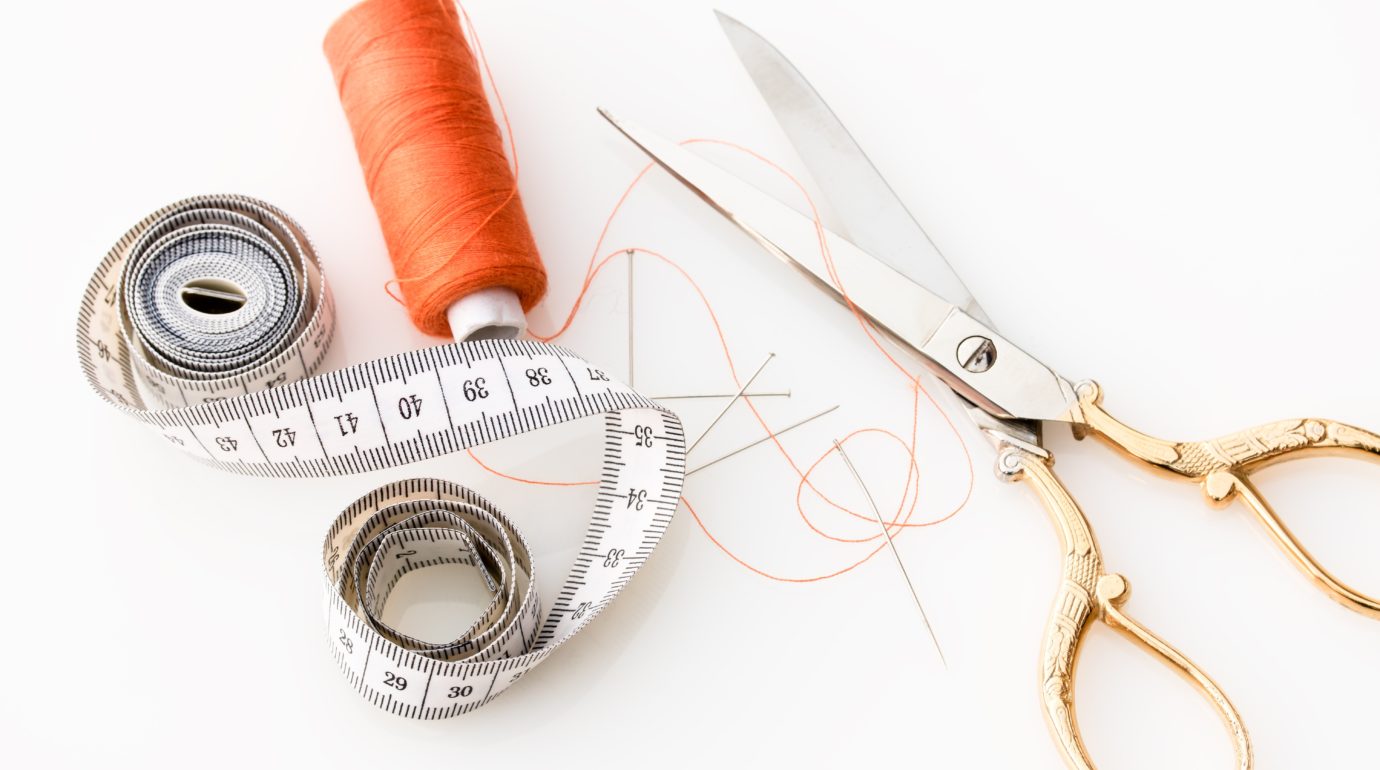Community, Leadership, Experimentation, Diversity, & Education
Pittsburgh Arts, Regional Theatre, New Work, Producing, Copyright, Labor Unions,
New Products, Coping Skills, J-O-Bs...
Theatre industry news, University & School of Drama Announcements, plus occasional course support for
Carnegie Mellon School of Drama Faculty, Staff, Students, and Alumni.
CMU School of Drama
Wednesday, September 12, 2018
Various Stages of Dress
AMERICAN THEATRE: When a performer enters, audiences know something about the character before she says a word. Is she wealthy or poor? Conventional or unconventional? Is he our contemporary? Did he live in the distant past? Costumes help create characters and tell their stories.
Subscribe to:
Post Comments (Atom)

5 comments:
When I was younger, I thought I could pick costume designers out of a crowd by obvserving their personal clothes. I have since learned better, and this article reinforces that: obviously, each costume designer has their own aesthetic. One thing I think I can count on, though, is that the personal clothing for a costume designer is a specific choice with thought behind it. In a sense, each of the people interviewed has designed their own wardrobe with the same approach that they design a character's. There are many commonalities between the interviewees, as one might expect of people who are in the same line of work: physically and aesthetically flexible clothing, a preference for hand- or custom-made garments, and clothing that specifically represents each individual.
It was interesting to look at the clothes a costume designer wears, instead of what they have made. In the artcile “Various Stages of Dress”, Davi Napoleon Introduces 5 different costume designers, who all have a unique way of dressing themselves. The way they dress themselves rooted from many different things: Practicallity, what makes them happy, verasatility, Flexability, Personal History. All of thoose influences are valid, there is no wrong way to dress or better way, in any profession. The varing nuances in personal aesthic, is reflective of all the different point of views and experiences one can bring. Next time I look at a character on a show, or a fashion statement on the street I will keep in mind the history of it. I will remember to ask the questions why, “‘Where would these characters shop? How much time do they have to get dressed? Who is in their social circle?” and know that “‘It’s not just about a beautitful dress”. Through clothes not only can you represent the past but, write your own narative of things you want to achieve or portray. Clothes can help you portray where your from to where you want to go, on and off the stage. Like the characters they design for, the way they dress tells a story all on its own.
This article brings up a fun observation about how much artists are represented in their own work and how much thought costume designers truly put into every detail. I know that when I walk down the hallways of Purnell, you can always spot the costume designers because of their impeccable taste for fashion and attention to detail in their own clothes. This isn't to say that they are not allowed to have their lazy days and wear sweat pants, but if they do, it's a choice that has a lot of meaning behind it. Like the article states about many of the designers themselves, they think about practicality as well as what expresses them. I think the article does a great job of explaining how much thought each choice for a costume has behind it.
I really enjoyed this article. As someone who has been sewing for most of her life, I definitely identified with the designers that were interviewed. I enjoy the fact that they are all very similar to me, when it comes to their personal wardrobes. I love making bright, large, crazy, or colorful costumes, because I think it's a lot more exciting. I however tend to wear a lot of black, high waisted stretchy jeans, and boots - while I'm sewing, and just on a daily basis. I think it's interesting that many costume designers tend to wear very neutral colors, since they are very often making extravagant costumes. I've always analyzed my personal reasons for wearing darker, plain, clothing as a way to make sure the attention is focused on my art - not me. This is very true when I am presenting my works, as I would not want my audience to be more focused on some cool, loud, dress I found at the thrift store, than on the work I spent so much time on. I think performers often dress with more excitement, as their career involves drawing a crowds attention to themselves. A designer, however, is used to hiding out backstage, and I think that's very reflective in their wardrobes.
I’ve recently been thinking about the connection, or lack thereof, between fashion and theatrical costume design. I try to keep up with news and trends in the fashion industry but have virtually no experience with costumes. I know of multiple costume designers who choose to totally dissociate from the fashion industry and see it as completely outside of their field of work, and others who will design for both purposes comfortably. This sweet and personal article depicts the range of personal styles and preferences among esteemed costume designers. For some, functionality and comfort take precedence when choosing work attire, while others collect eclectic pieces to sport on a daily basis. A significant portion of costume design is understanding the silhouettes, traditions, and terminology of clothing throughout history across the world, i.e. garments that existed in reality. Therefore, I personally feel like it’s important for a costume designer to be connected to the fashion industry as a designer or informed consumer, though I understand that everyone has their own creative processes and inspirations.
Post a Comment